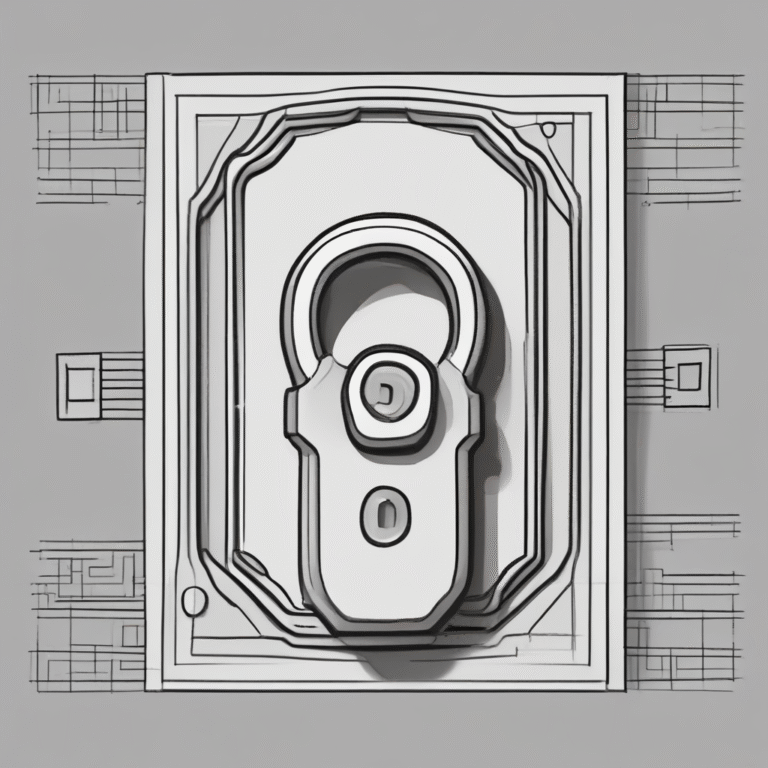Italy Adopts Artificial Intelligence Law
On September 23, 2025, the Italian law on artificial intelligence was signed into law, following final approval by the Italian Senate on September 17, 2025. This law consists of various provisions, including general principles and targeted sectoral rules that address areas not covered by the EU AI Act. The Italian AI Law is set to enter into force on October 10, 2025.
Relationship with the EU AI Act
The Italian AI Law aims to complement the EU’s Artificial Intelligence Act and should be interpreted and applied in accordance with the rules and definitions established by the EU AI Act (Article 1(2)).
Designation of Competent Authorities
The law designates two competent authorities for AI:
- Agency for Digital Italy (Agenzia per l’Italia Digitale, “AgID”): This authority will serve as the notifying body, responsible for defining procedures and performing functions related to the notification, assessment, accreditation, and monitoring of notified bodies.
- National Cybersecurity Agency (“ACN”): This agency will act as the market surveillance authority, overseeing supervision and enforcement (Article 20).
Healthcare and Scientific Research
The Italian AI Law permits the secondary use of personal data, including special categories of data, stripped of direct identifiers, for public interest and not-for-profit scientific research purposes. This enables the development of AI systems for the prevention, diagnosis, and treatment of diseases without requiring new consent from the data subject. The following requirements must be met:
- Transparency and information obligations towards data subjects can be fulfilled by publishing a privacy notice on the data controller’s website.
- Relevant processing activities must be reported to the Italian data protection authority (“Garante”) with details relating to Articles 24, 25, 32, and 35 of the GDPR. Processing may commence 30 days after such communication if the Garante does not issue a blocking measure (Article 8).
Employment
Employers are required to inform workers about the use of any AI systems and tools in the workplace and must ensure appropriate training for their employees (Article 11).
Minors
The law maintains age restrictions for minors. Parental consent is required for access to AI technologies by minors under the age of 14, while minors aged 14 to 18 can consent themselves, provided the information is accessible and comprehensible (Article 4(4)).
Copyright
Amendments to existing copyright law include:
- Works created with AI tools may be protected under copyright law if they result from the author’s intellectual work.
- Text and data mining of online works or materials in databases through AI models, including generative AI, is permitted in accordance with copyright law, subject to the owner’s opt-out rights (Article 25).
Key Changes Compared to Previous Drafts
- No localization requirement: The final version of the law does not include a localization requirement for servers of AI systems used by public sector bodies.
- No specific provision on labeling AI-generated content: The omitted provision meant to label AI-generated or altered news does not appear in the final law; general transparency requirements under the EU AI Act will apply.
Delegation of Authority to the Government
The Italian AI Law empowers the Government to adopt further measures within twelve months of its entry into force to achieve several objectives:
- Align the national framework with the EU AI Act.
- Assign supervisory, inspection, sanctioning, and other administrative powers as provided by the EU AI Act to the designated competent authorities.
- Establish comprehensive rules on the use of data, algorithms, and other mathematical methods to train AI systems.
- Set rules concerning the use of AI in investigative and policing activities.
- Update the framework for civil and criminal penalties.
This new legislation marks a significant step in regulating artificial intelligence in Italy, aligning its frameworks with broader European goals while addressing national priorities in AI development and deployment.









